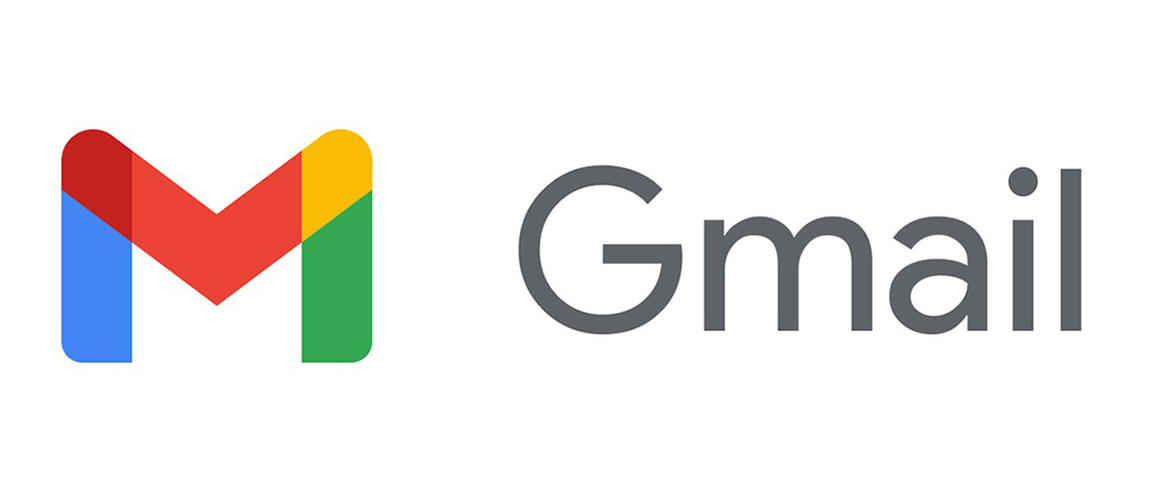The
discussion around tech giants harvesting user data to offer more robust
services has seen great attention in the past few years. Such features from
tech giants like Google, Facebook, and Apple have surely brought great ease for
their products' users. However, these corporations have also been repeatedly
under investigation for failing to provide transparency about their data
collection and usage processes. This has made the topic of data a very
sensitive one in the current tech world.
In
such a tense climate, Google just recently came forward with a new feature that
enables its users to turn off data processing in popular communication tools
Gmail, Meet, and Chat. These products used data harvesting and processing to
offer Smart Reply and Smart Compose features. The former learned the user's
most used replies and offered them as quick buttons, and the latter learned
from the user's email composing skills and offered predictive text.
While
this is not a wholly new addition (these features could be turned on and off
previously), now users can directly turn off the data processing rather than
just the features. The tools will show a page explaining the terms and
conditions for the whole arrangement and will rely on the user's choice to
continue with it or not. Opting out of the data processing will be leaving the
users unable to use Smart Reply and Smart Compose.
This move comes as somewhat a relief as a giant like Google offers an enormous number of features, and the data gathered through all of them is massive. Such features will leave the user more in control of what data is taken and how it is used. This can set a precedent that other tech giants can follow.
